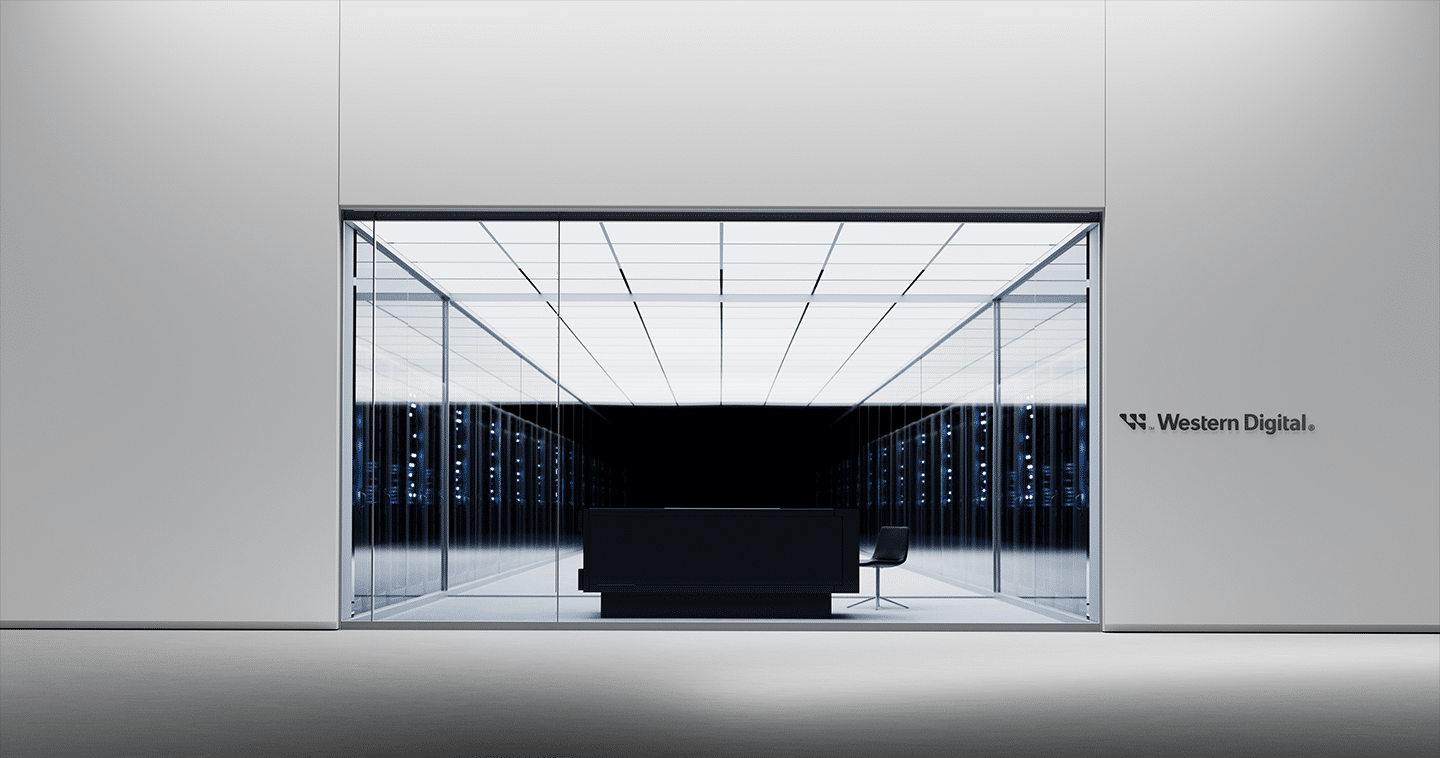What in the World are WHQL, AQs and PCS?
New Microsoft Hardware Certifications
Two new hardware certifications from Microsoft also emphasize reliability and quality of service. One is for Software Defined Data Center solutions based on Windows Server 2016 (WS SDDC), and the other for Microsoft Azure Stack systems (MAS).
The SDDC certification is actually called an “Additional Qualification”, and comes in both Standard and Premium, so the full name of the certification is can be a mouthful:
Windows Server Software Defined Data Center Additional Qualification Premium
aka “WS SDDC AQ Premium” or “AQ Premium.”
Western Digital’s enterprise HDD and SSD products have been designed into many of those SDDC solutions and Azure Stack systems. Why is that?
These leading server OEMs have selected Western Digital products for our reliability and QoS of course.
What’s a WHQL?
You may be aware of the “Certified for Windows Server” logo program, or have heard the term WHQL (pronounced “wick-uhl”). These refer to a testing and certification program for hardware products that has been around since Windows 95. The Windows Server Catalog site provides the following description:
What the logo means.
The “Certified for Windows Server 2016” logo identifies hardware components, devices, drivers, systems and solutions that meet Microsoft standards for compatibility and recommended practices with the Windows Server 2016 operating system.
This certification is all about functionality. Will this hardware product work as expected in a Windows system? The logo indicates the vendor’s testing demonstrated this hardware product worked as expected, and Microsoft validated it met their Windows compatibility requirements.
These new WS SDDC and MAS certifications build on that same WHQL testing by using the same tools and tests. To verify reliability and QoS at cloud scale, a 4-node Windows private cloud is the test environment, and additional, cloud-scale tests are used.
Private Cloud Simulator
One of the new test tools used for SDDC AQ and MAS certification is the Private Cloud Simulator:
Private Cloud Simulator (PCS) simulates a live datacenter/private cloud by creating VM workloads, simulating data center operations (load balancing, software/hardware maintenance) and injecting compute/storage faults (unplanned hardware/software failure). PCS is designed to handle cloud scale with a multitude of compute nodes running thousands of virtual machines (VM).
…
With the current industry trend, private cloud solutions comprise of well integrated software and hardware components. Issues in any of these components (software, hardware, drivers, firmware, etc.) can compromise the promises made under the Service Level Agreement (SLA) for the private cloud. Some of these issues are surfaced only under a high stress, cloud scale deployment, and are potentially hard to find using traditional standalone tests, which focus on a single device or a component. PCS is a cloud validation test suite that enables you to validate your component in a cloud scenario and identify such issues.
Reliability and QoS are the characteristics that support or undermine the Service Level Agreement (SLA) of a software-defined data center or private cloud; this is what PCS tests for.
The SDDC AQ Premium and Microsoft Azure Stack certification tests are almost identical.
Testing Storage
To test storage products with PCS, the storage vendor installs one of each product to be tested in each PCS test node. PCS runs each test not just once, but thousands of times, continuously for 96 hours. That’s 4 days of 24/7 testing.
What happens during testing? All the kinds of nasty things you hope will not happen in your data center! Here’s how the HLK Test Reference describes the stress tests:
Stress tests cause repeated and random node failures (by stopping or killing cluster service). They can potentially cause multiple nodes to fail if that is tolerated by the configuration. During node failures, the test performs multiple I/O streams from multiple nodes that target the appropriate CSV. (Each stream performs sequential/random read/write with read data verification.)
When bad things happen in your data center—and at some point that will happen—you need to know your system and applications will continue running, supporting your SLA. That’s what the SDDC and MAS certifications are about: reliability and QoS.
List of AQ’d Products
The list of Western Digital enterprise HDDs and SSDs with the WS SDDC AQ certification is growing very quickly, and we’ll periodically provide an updated list of AQ’d products. Your Western Digital representative can always provide you with up-to-date information.
If you’d like to peek behind the curtain to better understand what our SIT Lab team does to perform this testing and earn SDDC and MAS certifications, check out the “Partner Guide to WSSD Certification.” Also check out the related “Run cluster tests for Storage Spaces Direct (S2D) in the Windows HLK”.
I hope you find this introduction to WHQL, AQs and PCS useful and informative. We’ll have a lot more to say on these topics over the coming months.
Here’s a handy decoder ring:
HDD = hard disk drive
MAS = Microsoft Azure Stack
ODM = original design manufacturing, e.g., Quanta Computer
OEM = original equipment manufacturer, e.g., HPE
PCS = Private Cloud Simulator
SSD = solid state drive
WHQL = Windows Hardware Quality Lab, used to refer to the Windows certification program




